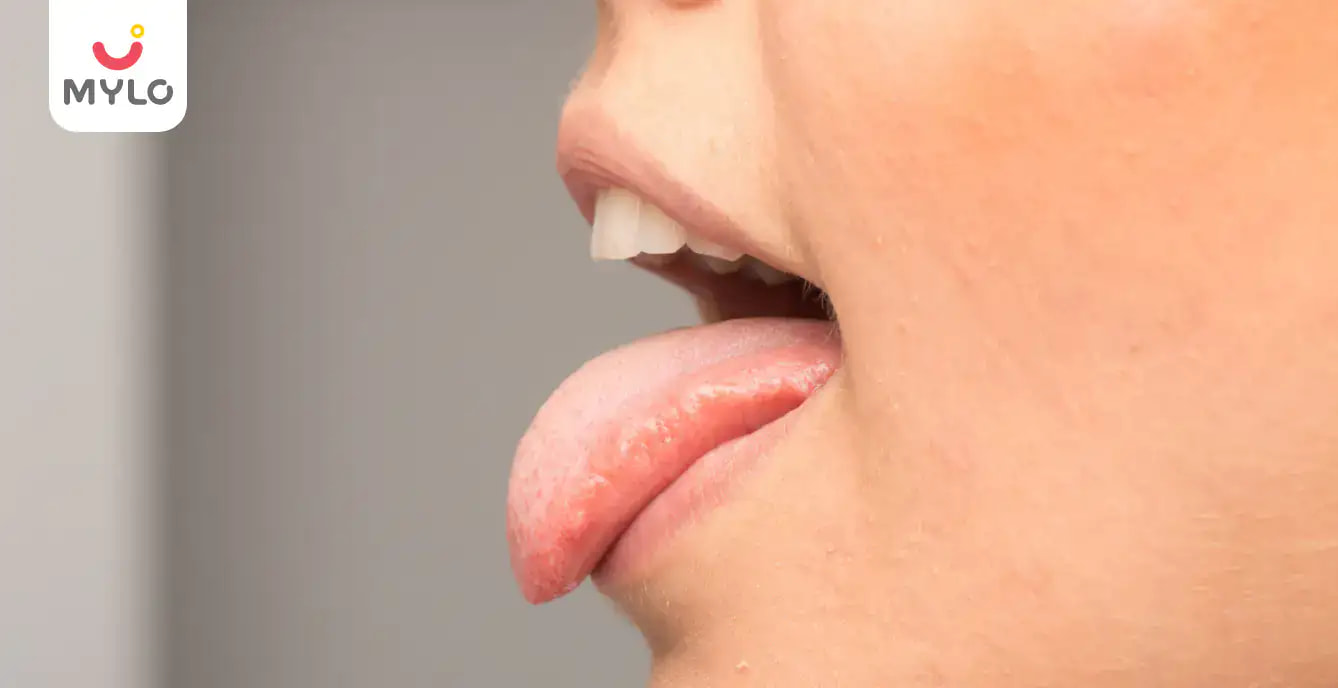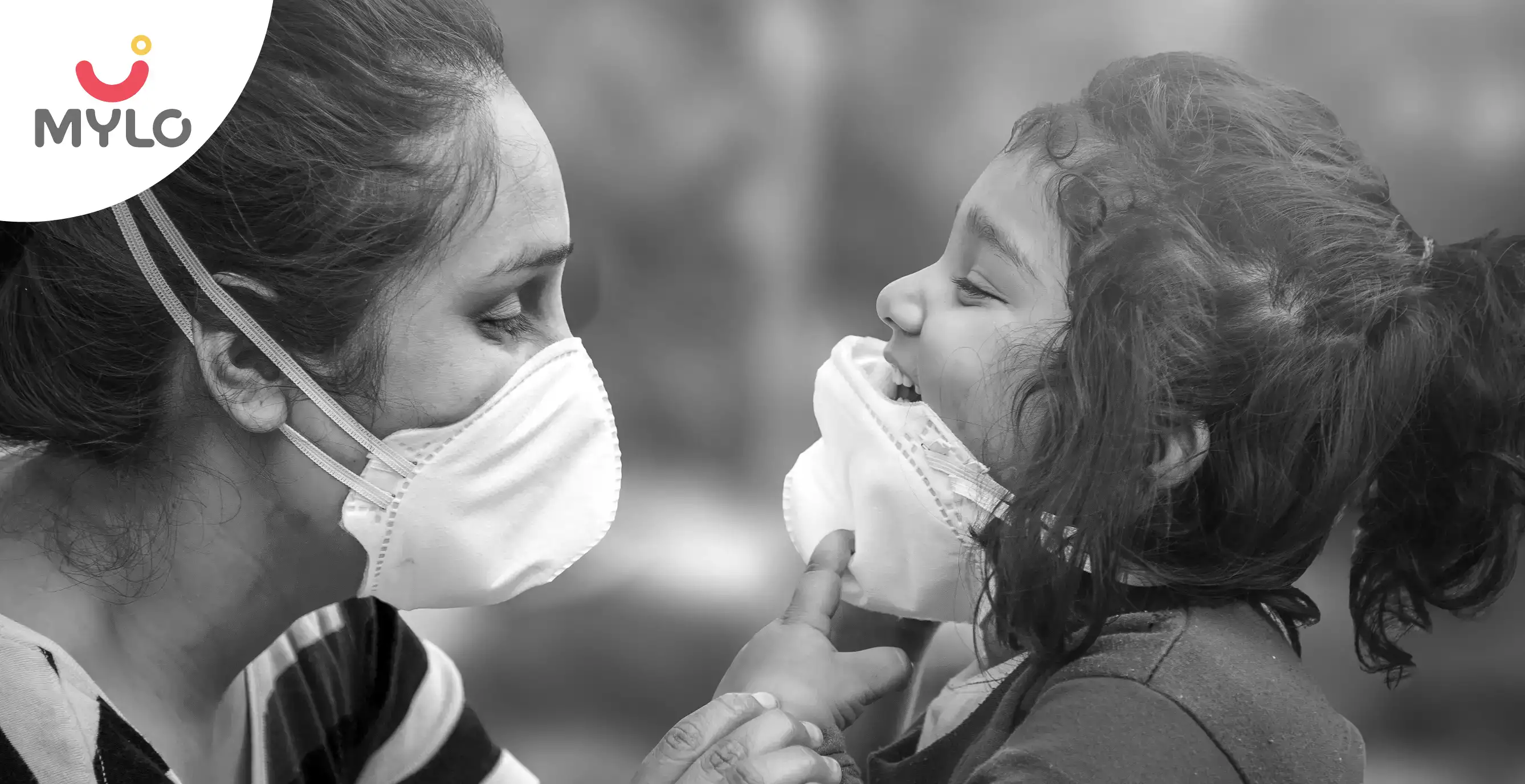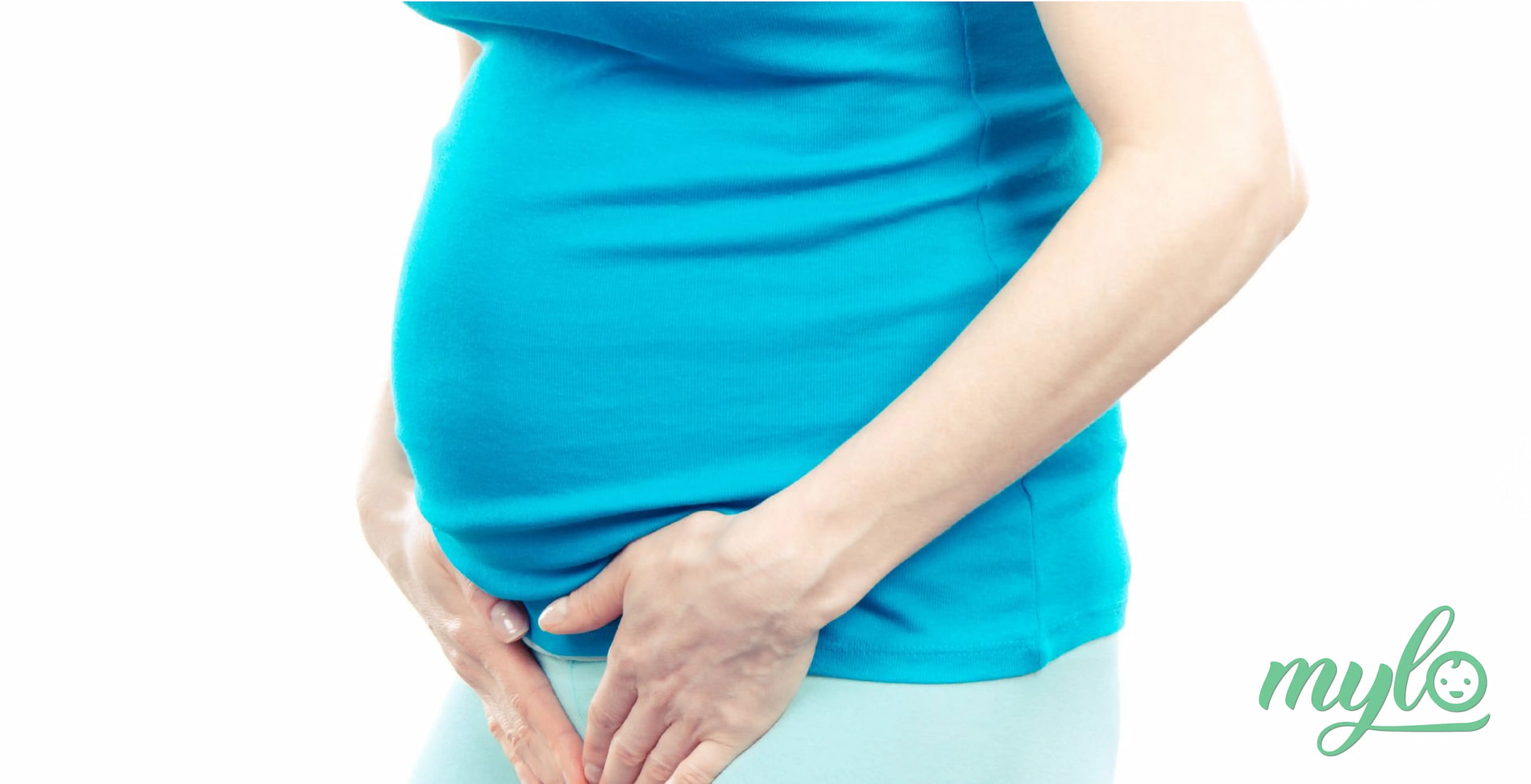Home

Pregnancy Journey

Saliva During Pregnancy: Causes & Prevention
In this Article

Pregnancy Journey
Saliva During Pregnancy: Causes & Prevention
Updated on 18 April 2023
Women experience a multitude of changes during the nine months of their pregnancy. Producing more saliva during pregnancy is among the many changes a woman experiences. You should not worry as it is a common condition and does not harm you or your baby. In this article, we will understand when does excess saliva start in pregnancy, what causes excessive salivation during pregnancy and how to prevent it.
Causes of excess saliva during pregnancy
It’s completely normal to experience excess saliva during pregnancy. This is known as ptyalism or sialorrhea. Excessive salivation during pregnancy is called ptyalism gravidarum. Normally, our salivary glands produce about 1.5 quarts of saliva daily but it often goes unnoticed because we swallow it continuously and unconsciously. However, during pregnancy the body begins to either produce more saliva or swallow less, which causes you to feel more saliva during pregnancy.
When can I experience too much saliva during pregnancy?
Producing more saliva than usual is common during the first few months of your pregnancy. Just like nausea and morning sickness, excessive salivation is also a common occurrence in the first trimester of pregnancy. Like morning sickness, this occurs due to extreme fluctuation in hormone levels.
Although it’s not nearly as unpleasant as morning sickness, excessive salivation during pregnancy can be quite annoying. Especially if you have to wake up at night because you’ve been drooling too much, or when you don’t feel like swallowing the excess saliva as it makes you more nauseous.
Ptyalism usually occurs in the first 12-14 weeks of the pregnancy, alongside morning sickness. In some cases, it may even stay for 20 weeks or stop after 12 weeks and then recur in the final trimester. This is because hormone fluctuations become extreme during the third trimester too.
Is it a concern if you have excessive saliva during pregnancy?
There’s no evidence to support that producing more saliva during pregnancy is a cause of concern or leads to any complications. However, excessive salivation during pregnancy may affect the quality of your life. Besides spitting the excess saliva repeatedly, your salivary glands may swell and affect your sleep. It can also be embarrassing to spit or swallow more saliva constantly. If you think excess saliva during pregnancy is interfering with your daily life, you should consult your doctor.
How to prevent excess saliva during pregnancy?
Here are some tips you can follow to control the production of saliva during pregnancy:
-
Start with the basics like sucking on an ice cube or sucking a lemon(nimbu).
-
You can place a few drops of lemon juice or lime essential oils on a tissue and keep sniffing it intermittently.
-
Many women find that brushing their teeth intermittently with minty toothpaste helps relieve the salivation or at least make it more manageable. You can also use a mint mouthwash; do make sure that it’s safe to take during pregnancy.
-
Get alternative treatments like homoeopathy. A homoeopath will generally prescribe ‘Mercurius Solubilis' or 'Veratrum Album' to help with the symptom.
-
Chiropractors and reflexologists may be able to help in this scenario as well.
-
Chewing mint leaves, breath mints or minty gum is another easy option. You should also try to include as much mint in your diet as possible- in salads, chutneys, curd, smoothies and so on.
-
Drinking more water helps too as salivation is often a response to dehydration.
-
Remedies like eating small, regular meals and eating plain cracker biscuits that help for morning sickness help with ptyalism too.
-
If the problem is so severe that it prevents you from sleeping, then see a doctor as medical remedies are available too.
At the end of the day, just remember that producing more saliva during pregnancy is just like other symptoms of morning sickness; while unpleasant it is a normal part of a healthy pregnancy. It doesn’t harm your baby or the pregnancy in any way.



Written by
Ravish Goyal
Official account of Mylo Editor
Read MoreGet baby's diet chart, and growth tips

Related Articles
Related Questions
Hello frnds..still no pain...doctor said head fix nhi hua hai..bt vagina me pain hai aur back pain bhi... anyone having same issues??

Kon kon c chije aisi hai jo pregnancy mei gas acidity jalan karti hain... Koi btayega plz bcz mujhe aksar khane ke baad hi samagh aata hai ki is chij se gas acidity jalan ho gyi hai. Please share your knowledge

I am 13 week pregnancy. Anyone having Storione-xt tablet. It better to have morning or night ???

Hlo to be moms....i hv a query...in my 9.5 wk i feel body joint pain like in ankle, knee, wrist, shoulder, toes....pain intensity is high...i cnt sleep....what should i do pls help....cn i cosult my doc.

Influenza and boostrix injection kisiko laga hai kya 8 month pregnancy me and q lagta hai ye plz reply me

Related Topics
RECENTLY PUBLISHED ARTICLES
our most recent articles

Fever
Effective Ways to Treat Jaundice in Children: Expert Tips for a Speedy Recovery

Fun & Humour
10 Best Original Movies to Watch on Netflix

Symptoms & Illnesses
Flu, Change of Season or New Covid Variant, XBB.1.16- What’s Causing These Symptoms?

5 Ways In Which Music Can Boost Your Baby's Brain Development

Hiccups
How to Stop Baby Hiccups: Everything You Need to Know
topics
“Staying Active and Healthy: The Benefits of Safe Exercise During Pregnancy”
- Appendicitis In Pregnancy Symptoms, Diagnosis & Surgery
- 5 Common Myths Busted About Baby Sleep
- “Ectopic Pregnancy: All You Need to Know About This Complication”
- Importance of Typhoid vaccines
- Benefits of eating nuts
- Can One Induce Labor Naturally?
- Should One Consider Keeping Their Pregnancy A Lowkey News?
- Destination decide
- After delivery pregnancy
- Mylo....
- Meri folecular study hui hai mujhe last 10, 12 din drest halka halka pain ho raha tha but kal band ho gaya kya ye period ka lakshan hai ya fir pregnancy ka
- cute baby
- Blessings
- Summer hacks that makes up your skin healthy


AWARDS AND RECOGNITION

Mylo wins Forbes D2C Disruptor award

Mylo wins The Economic Times Promising Brands 2022
AS SEEN IN
















- Mylo Care: Effective and science-backed personal care and wellness solutions for a joyful you.
- Mylo Baby: Science-backed, gentle and effective personal care & hygiene range for your little one.
- Mylo Community: Trusted and empathetic community of 10mn+ parents and experts.
Product Categories
baby carrier | baby soap | baby wipes | stretch marks cream | baby cream | baby shampoo | baby massage oil | baby hair oil | stretch marks oil | baby body wash | baby powder | baby lotion | diaper rash cream | newborn diapers | teether | baby kajal | baby diapers | cloth diapers |








